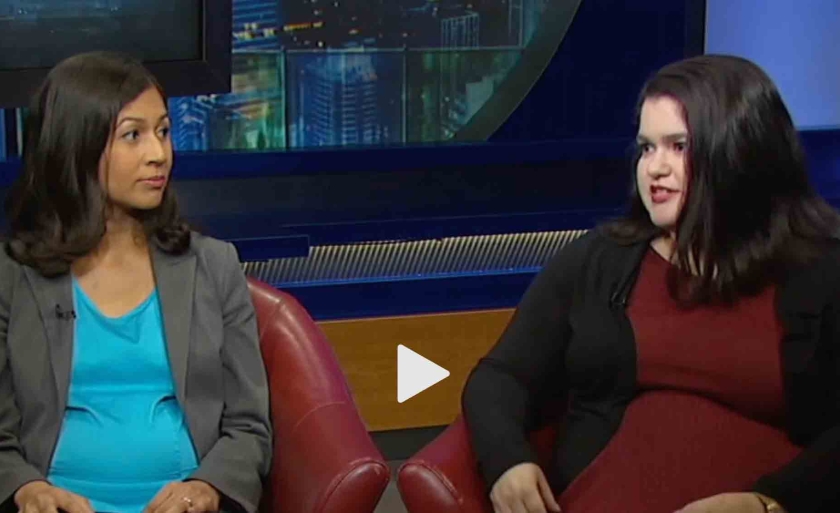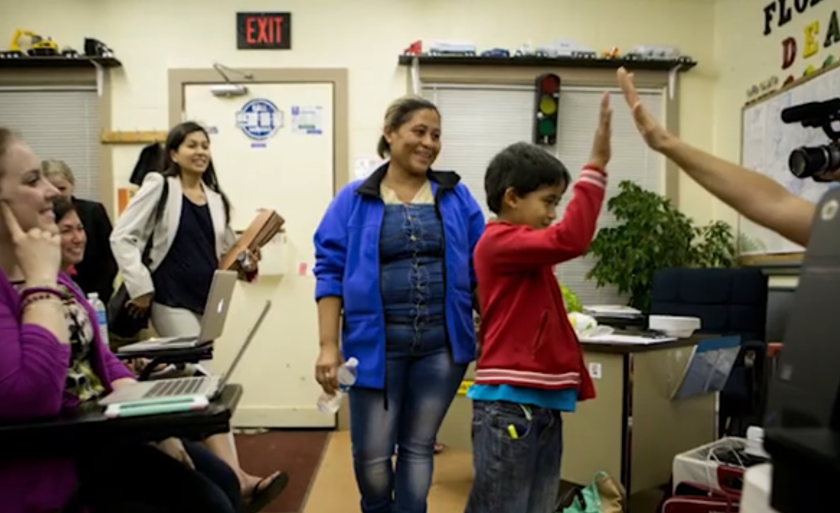Instructor: Elora Mukherjee, Clinical Professor of Law
Experiential Credits: 7 credits (3 for seminar; 4 for fieldwork)
Available in: Fall 2025
Immigration has become one of the most prominent political and human rights issues in the United States. Student attorneys in the Immigrants’ Rights Clinic take on significant case responsibilities on behalf of the most vulnerable immigrants who would otherwise face the deportation process without representation. Under the leadership of Elora Mukherjee, Jerome L. Greene Clinical Professor of Law, the clinic works in conjunction with or on behalf of national and local organizations devoted to immigration reform. Student attorneys take on direct client representation as well as projects involving regulatory and legislative reform, impact litigation, and public education. Student attorneys also may have opportunities to travel to detention centers and the U.S.–Mexico border to offer pro bono legal services to asylum seekers.
There is no right to government-appointed legal counsel in U.S. immigration proceedings. Even children do not have a right to counsel in removal proceedings. Many asylum seekers try to navigate the complex immigration system alone, in a language they do not understand. Working under the guidance of the clinic’s faculty, student attorneys represent asylum seekers from around the world who are facing deportation. Student attorneys who continue in the clinic beyond a single semester may have the opportunity to work on more complex casework and take on varied forms of advocacy.

